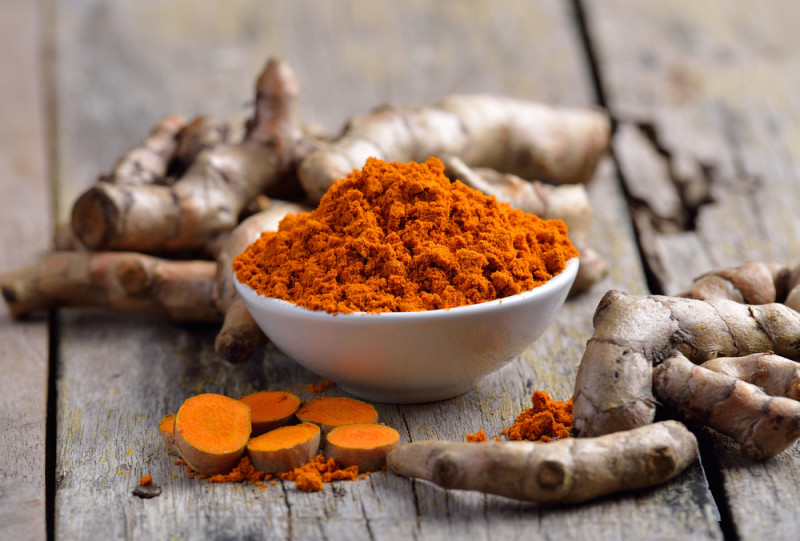If you’re like me, you’re always looking for ways to better your health. From new dinner recipes to nutritious smoothie concoctions, I’m constantly searching for ways to keep a healthy diet from getting boring. If you’re looking for a way to spice things up (literally) while reaping the healthy benefits, it’s time to start incorporating a little turmeric into your diet!

If turmeric is new to you, it comes from the root of the Curcuma longa plant. It has tough brown skin and a deep orange flesh, with a bitter but warm and peppery flavor. Turmeric ( click here for International products ) is known as one of the ingredients in curry, and it’s been used for centuries as a powerful anti-inflammatory in both Indian and Chinese medicine to treat a wide variety of illnesses, including liver disease.
Turmeric for Liver Function
Your liver holds the important responsibilities of converting food to energy for your body, cleaning toxins from your blood, and producing bile to aid in digestion. Studies suggest that turmeric may improve liver function by increasing its ability to detox. Turmeric has also been shown to help reduce free radical damage, protecting your cells and tissues. One of the active ingredients in turmeric is curcumin — a powerful anti-inflammatory, anti-oxidant, antifungal and antibacterial… basically anti-everything bad and pro-everything good! Turmeric has also been shown to reduce liver injury caused by ethanol (alcohol), iron overdose, liver disease, high toxicity levels and cirrhosis. It is also proven to help relieve oxidative stress, due to its healing properties.
Turmeric for Brain Health
Researchers have found that curcumin plays a role in improving Parkinson’s Disease, Alzheimer’s, and stroke damage. Thanks to its antioxidant and anti-inflammatory properties, it also promotes brain health. Studies have shown that curcumin may alleviate the effects of glutathione depletion, which causes oxidative stress, mitochondria dysfunction and even cell death. Recent research suggests that another bioactive compound in turmeric (aromatic-tumerone) can increase neural stem cell growth in the brain by as much as 80%, aiding in the recovery of brain function and neurodegenerative diseases.
As if you needed more information supporting turmeric’s potential to support brain health, research has shown that it may also help protect against depression. The curcumin acts against oxidative and inflammatory responses that are generated during depression while repairing the damage done by free radicals.
Just 1/4 teaspoon of turmeric ( click here for International products ) a day can reduce any inflammation in your body and help protect against diseases while improving your brain function. So, how can you be sure that you’re getting a daily dose of this powerful spice? The good news is that you have plenty of options. Turmeric can be taken in pill form as a supplement; you can use the root to make tea; you can use turmeric oil in your cooking, and the list goes on. Here are a few ways to use turmeric on a daily basis:
- Use a pinch to spice up scrambled eggs or tofu
- Toss some into a roasted veggie dish
- Add it to rice for extra flavor
- Sprinkle it on greens
- Use it in homemade soups
- Blend it into a smoothie
- Simmer turmeric ( click here for International products ) with milk and honey to make tea
- Make a curry dish
- Try this turmeric-roasted garlic and cauliflower dish


